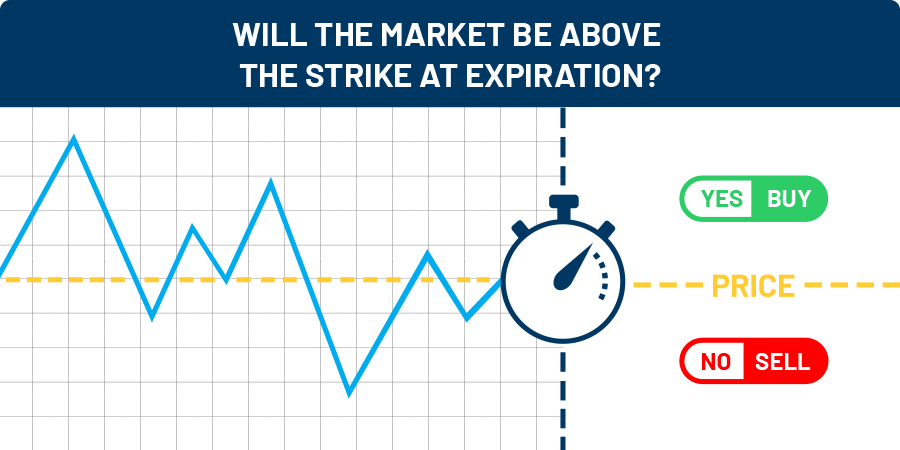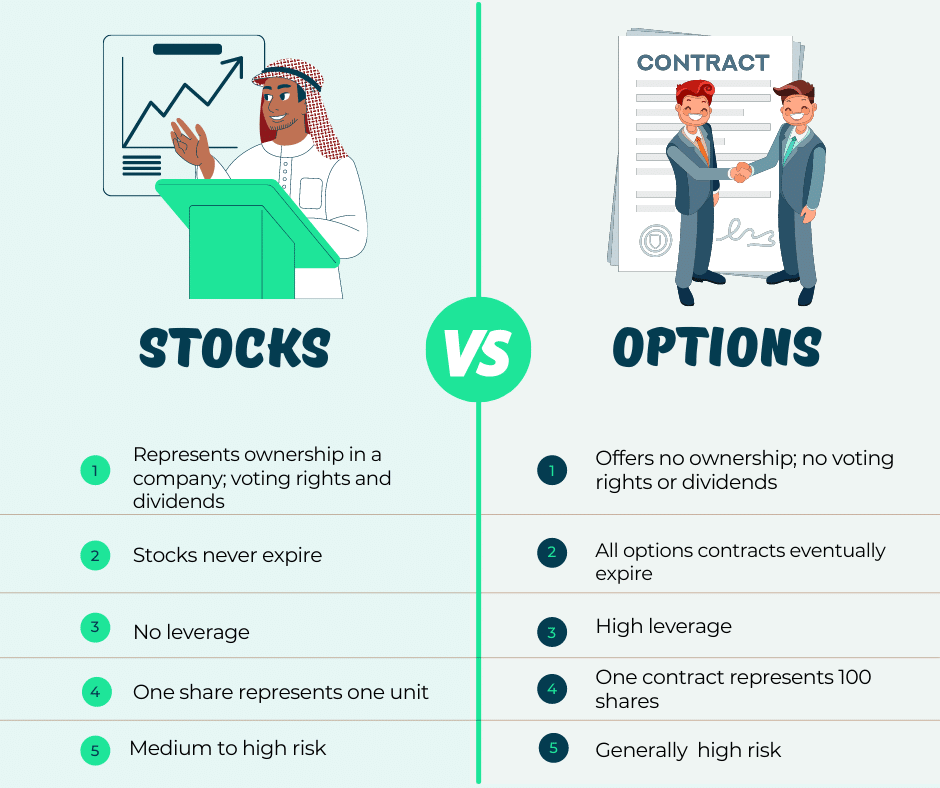Option trading, a sophisticated financial strategy involving options contracts, presents intricacies not only in terms of market dynamics but also in the realm of taxation. Understanding the tax implications associated with option trading is crucial for investors seeking to optimize their returns and minimize their tax liability. In this comprehensive guide, we delve into the complexities of option trading tax implications, providing essential knowledge and real-world examples to empower investors in navigating the tax landscape.

Image: www.blackenwhitemarketing.net
Demystifying Option Trading: A Basic Overview
Options contracts grant the buyer the right, but not the obligation, to buy (in the case of call options) or sell (in the case of put options) an underlying asset at a predetermined price (the strike price) on or before a specific expiration date. Option traders speculate on the future price movements of the underlying asset, aiming to profit from accurate predictions. The value of an option contract fluctuates based on factors such as the underlying asset’s price, time to expiration, volatility, and interest rates.
Classifying Options for Tax Purposes
For tax purposes, options are categorized based on their holding period. Short-term options, held for less than one year, are taxed as ordinary income or loss. In contrast, long-term options, held for more than one year, qualify for favorable capital gains or loss treatment. This distinction significantly impacts the tax liability associated with option trading activities.
Navigating Tax Implications: In the Trenches
Understanding how different types of options are taxed is paramount for informed decision-making. Here’s a closer look at the tax ramifications:
- Call Options: When a call option is exercised (i.e., the buyer decides to purchase the underlying asset), the profit or loss is taxed as a capital gain or loss, provided the option was held for more than one year. If the option expires unexercised, the premium paid for the option is considered a capital loss.
- Put Options: Similar to call options, the profit or loss incurred from exercising a put option is subject to capital gains or loss treatment. However, if the option expires unexercised, the premium paid is treated as an ordinary loss.
- Covered Call Strategy: When a call option is sold against an underlying asset already owned by the seller, the income generated from selling the option is taxed as ordinary income. If the option is exercised, the difference between the strike price and the asset’s sales price is taxed as a capital gain or loss.
- Wash Sale Rules: Wash sale rules apply to sold options when substantially identical options are repurchased within 30 days. When this occurs, the loss from the initial sale is disallowed, deferring the recognition of the loss until the subsequent sale of the replacement option.

Image: blog.shoonya.com
Real-World Examples for Deeper Comprehension
To further illustrate option trading tax implications, consider these practical scenarios:
- An investor purchases a call option on Apple stock with a strike price of $150 for a premium of $5 per share. If they exercise the option when Apple stock is trading at $160, they have a capital gain of $10 per share, subject to long-term capital gains tax rates.
- An investor sells a covered call on 100 shares of Tesla stock they own at a strike price of $200, receiving a premium of $3 per share. If Tesla stock rises to $205 before expiration and the buyer exercises the option, the investor must sell those shares at $200, generating ordinary income of $300 from the option sale. The sale of their Tesla shares at $200 yields a capital loss of $500.
Option Trading Tax Implications

Image: www.projectfinance.com
Conclusion
Navigating the realm of option trading tax implications requires a comprehensive understanding of the nuances associated with different option strategies and their holding periods. Investors must carefully consider the potential tax consequences before executing option trades to optimize their returns and avoid unpleasant surprises during tax season. By studying the complexities of option trading tax implications and consulting with a qualified tax advisor, investors can make informed decisions, minimize their tax liability, and maximize their investment outcomes. Embracing a proactive approach to option trading taxation is the key to unlocking financial success and mitigating






